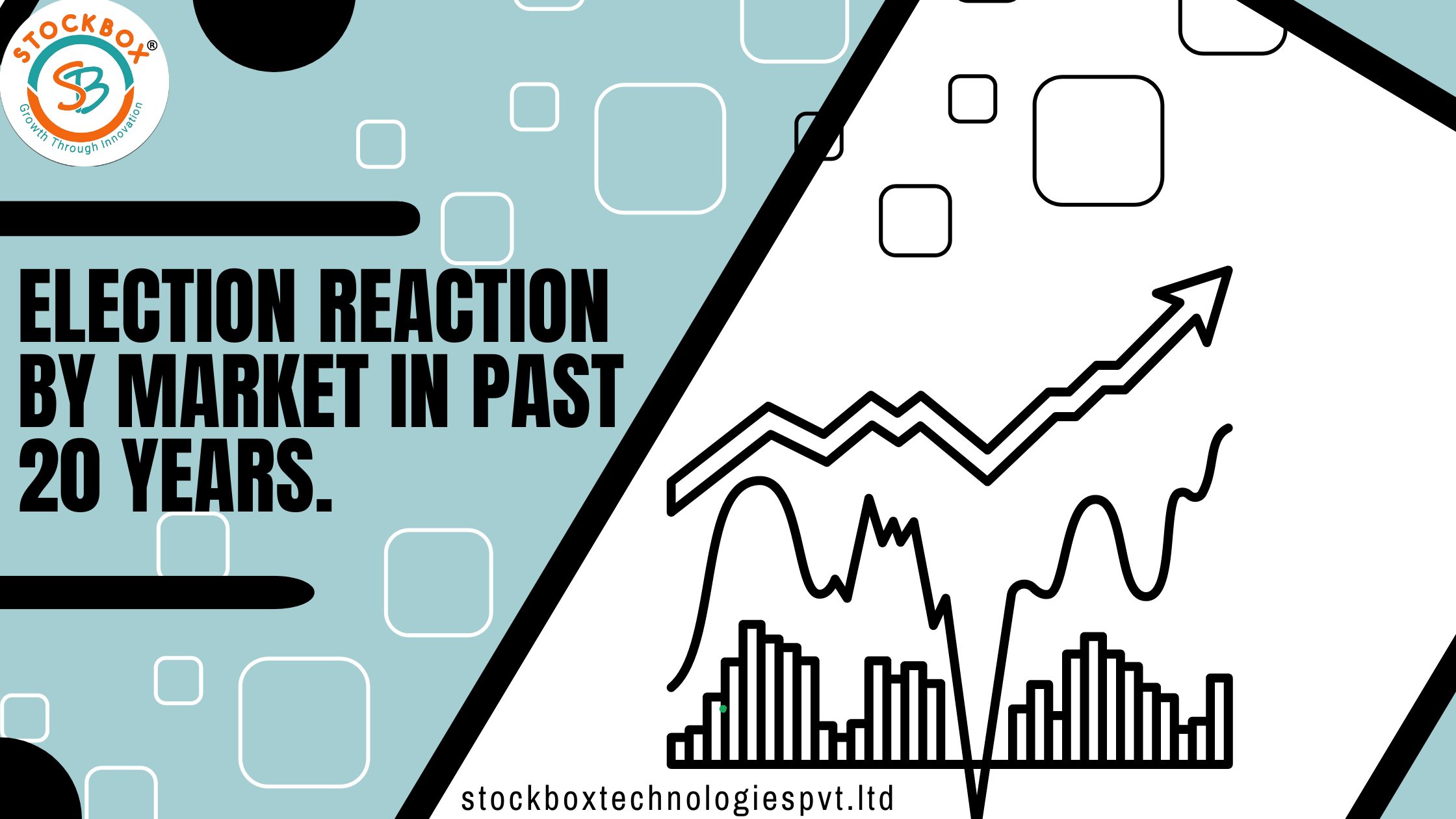The Indian stock market, a barometer of the country’s economic health, often mirrors the political climate, particularly during elections. Over the past two decades, the interplay between election outcomes and market responses has provided a fascinating insight into investor sentiment and economic expectations. This blog delves into how the Indian stock market has reacted to elections from 2004 to 2024, highlighting key trends and notable events.
2004: The Unexpected Turn
In 2004, the general elections brought an unexpected result with the Congress-led United Progressive Alliance (UPA) defeating the incumbent Bharatiya Janata Party (BJP). The stock market, which had anticipated a BJP victory, reacted sharply. The Bombay Stock Exchange (BSE) Sensex plunged by 11% in a single day, triggering a trading halt. This reaction was primarily driven by investor fears about the stability of the new coalition government and its economic policies. However, as the new government emphasized economic reforms, the market gradually recovered.
2009: Stability Brings Optimism
The 2009 elections saw the UPA securing a stronger mandate, reducing its reliance on coalition partners. This stability was welcomed by the markets, leading to a 17% surge in the Sensex on the day the results were announced. The decisive victory was interpreted as a positive signal for continuity in economic policies and reforms, boosting investor confidence.
2014: A Wave of Hope
The 2014 general elections were a landmark event, with the BJP securing a majority under the leadership of Narendra Modi. The stock market had been bullish in anticipation of a pro-business government, and the Sensex reflected this optimism by reaching new highs. On the day of the election results, the Sensex surged by 6%, driven by expectations of economic reforms, infrastructural development, and a more business-friendly environment.
2019: Continuity and Confidence
In 2019, the re-election of Narendra Modi with an even larger mandate reassured investors of policy continuity. The Sensex responded positively, with a 3.75% rise on the day following the election results. This response was underpinned by expectations of sustained economic reforms and political stability, factors crucial for long-term economic growth.
2024: Anticipation and Anxiety
As of now, the 2024 elections are on the horizon, and the stock market’s reaction remains to be seen. Historically, the market tends to become volatile in the months leading up to the elections, reflecting investor uncertainty. Factors such as economic performance, geopolitical tensions, and policy announcements will play significant roles in shaping market sentiment.
Key Trends and Insights
Volatility and Uncertainty: Elections often introduce a period of heightened volatility. Investors react not only to the outcomes but also to the political narratives and campaign promises that precede the results.
Policy Continuity: Markets favor continuity in economic policies. Abrupt changes or the potential for policy reversals can lead to negative reactions, as seen in 2004.
Reform Expectations: Elections that bring to power governments perceived as reform-oriented generally result in positive market reactions. The anticipation of economic reforms and a pro-business environment boosts investor confidence.
Global Factors: While elections are significant, global economic conditions and geopolitical developments also influence market reactions. For instance, during the 2008 global financial crisis, external factors overshadowed the 2009 election impact to some extent.
Conclusion
The Indian stock market’s reactions to elections over the past 20 years underscore the complex interplay between politics and economics. While immediate reactions can be sharp and driven by sentiment, long-term trends are shaped by the actual policies and stability brought in by the elected governments. Investors, thus, closely monitor election outcomes, as they provide critical cues for future economic trajectories.

